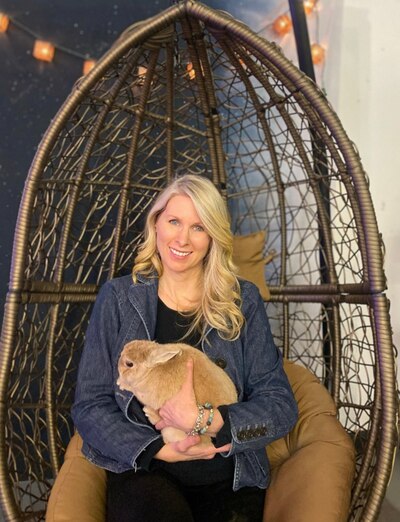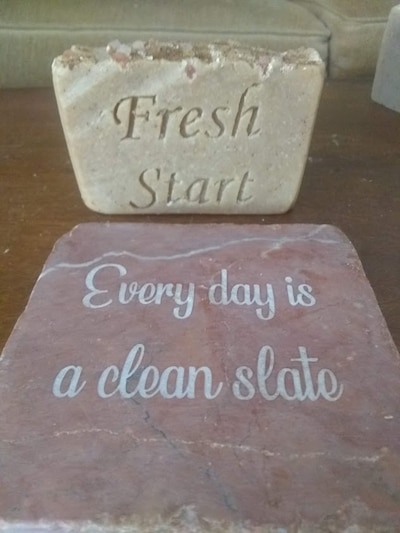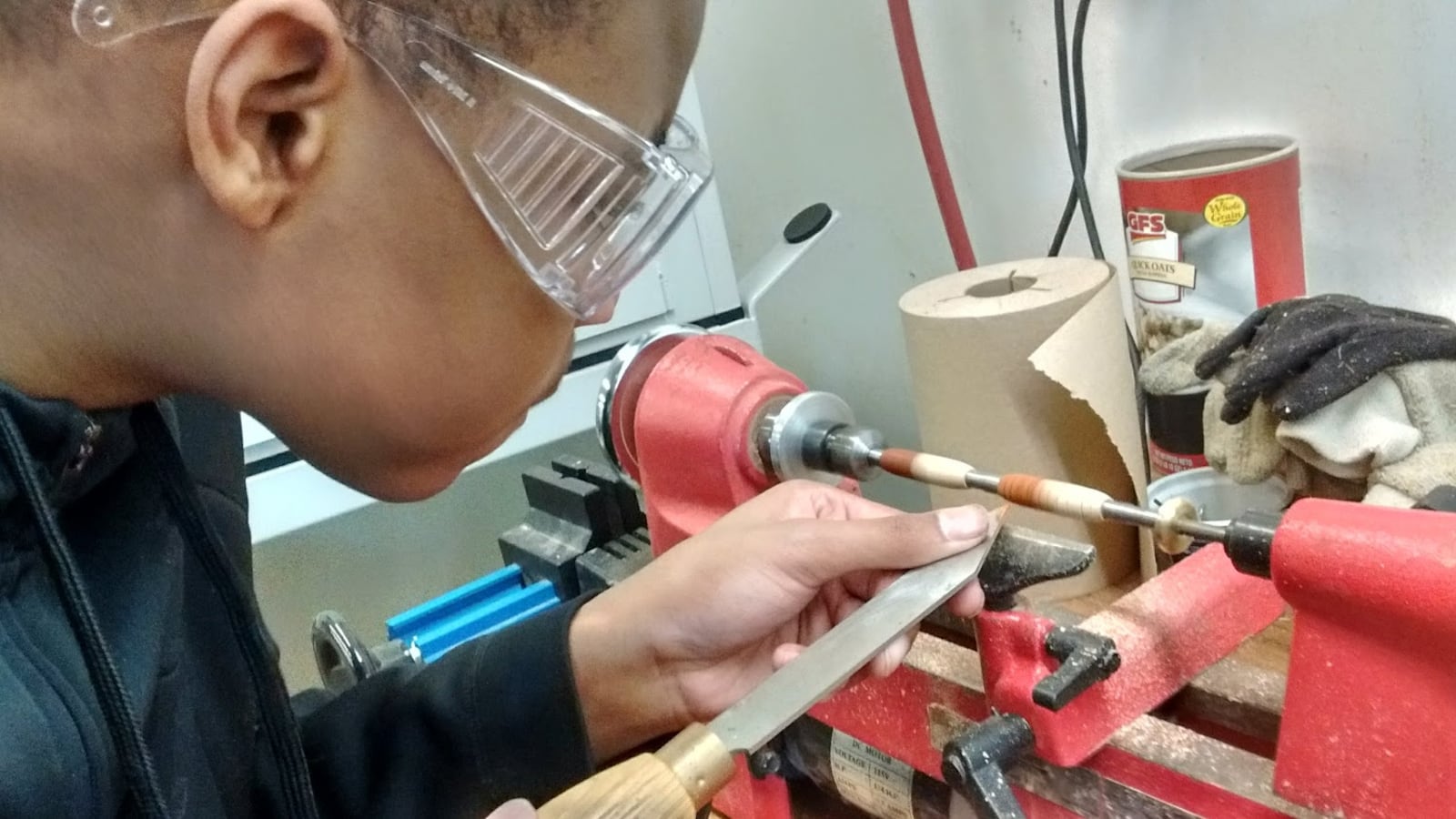As a longtime public school occupational therapist, I know what students look and sound like when they’re ready to transition from the work lab to the workforce.
In recent years, I’ve personally witnessed more of my students struggle to make that transition or not make it at all. It has nothing to do with a lack of technical skills, as I’ve seen them master complicated vocational concepts and tasks — graphic design, woodworking, 3D printing, and CNC programming. The struggle has everything to do with skyrocketing anxiety, depression, and trauma experienced by my students as they prepare to enter the workforce.

Our students are experiencing a mental health crisis across our state and country, and that’s something all of us can and must work to address. That’s why I’m focused on helping our general education and special education students develop job skills and strengthen their mental health while still in our hallways.
Starting about six years ago, I worked with my colleagues at Warren Woods Public Schools in Warren, Michigan, to launch a new approach to student mental health and wellness to complement our existing emphasis on pre-vocational skill development. The program, available at our district’s two high schools, includes an OT lab that combines technology-driven and traditional machines, a reset room where students can process emotions in a calming environment, and an after-school program called Scratch the Surface.
This curriculum helps students process uncomfortable feelings, such as loss, grief, or anger.
When we first launched the after-school program, it served only as an alternative to traditional disciplinary measures for students who were skipping school or getting behavior referrals in class. But nearly all of the students referred to the program voluntarily continued attending well past what was required.
I also collaborate with our school social worker to provide students with a series of weekly sessions that center on mindfulness, self-compassion, and the principles of psychological flexibility. This curriculum helps students process uncomfortable feelings, such as loss, grief, or anger, and recognize that painful thoughts will pass and do not define them. My program has reached up to 82 students year-round, including programming offered over spring break and during summer.

In our OT labs, students use raw materials (donated by a local kitchen and bath manufacturer) and machines, such as lathes, 3D printers, CNC routers, laser engravers, and wood burners to make functional art infused with meaning and messages related to mental health. Student art has included granite memorial markers, engraved wood cutlery, mosaic art, candles, jewelry, and more.
The results speak for themselves.
Attendance has gone up and behavior referrals down to near zero for every Warren Woods-Tower High School student who has participated since the program began. At Enterprise High School, the principal of our alternative education program says the OT lab has given students a supportive outlet when they need it most since they can choose when during their school day to visit. Through the power of mindfulness, my students have learned to process their feelings in a constructive way at school. This has allowed them to refocus on developing job skills and preparing for career success.
As our program has evolved, we have gained partners at the local and state levels, including Michigan Works! and Michigan Rehabilitation Services, which support program costs and pay students an hourly wage during spring break and summer sessions. I’ve also worked with interns from occupational therapy programs at Eastern Michigan University, Macomb Community College, and Wayne State University, developing a pipeline of prospective OT lab practitioners. It’s been exciting to see professional and community partners recognize the value of our work and help keep it going.
I’m not a psychotherapist. The good news is that occupational therapists, too, can have a long-lasting impact on student well-being. The key to our success has been making a personal investment in their health, welfare, and happiness — not just one focused on grades or performance.
Michele Morgan is an occupational therapist at Warren Woods Public Schools. Learn more about her work at makeitworkprogram.com.


